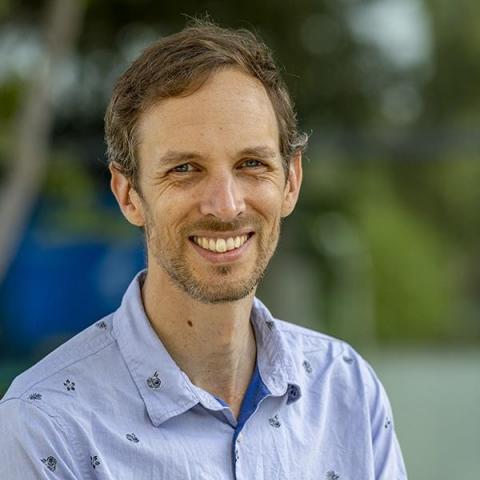About the project
Cavitation damage poses a substantial threat to equipment across various industries, impacting performance, increasing maintenance costs, causing downtime, and posing safety and environmental risks.
This PhD project aims to deepen our understanding of cavitation bubble dynamics near complex geometries and boundaries with non-Newtonian properties. By investigating the influence of geometric features on porous surfaces, observing the interaction between bubbles and non-Newtonian fluids, and exploring the potential of dual-material boundaries, we seek to engineer materials that can mitigate cavitation damage and noise effectively.
Objectives:
- Characterize the influence of geometric features on porous surfaces on cavitation bubble dynamics.
- Quantify the two-way interaction between bubbles and interfaces with non-Newtonian fluids.
- Investigate the properties of dual-material boundaries to design materials with a specified influence on nearby cavitation bubble dynamics.
The research will employ laser-induced cavitation to experimentally explore the dynamics of cavitation bubbles near complex boundaries in three key steps:
- Generate cavitation bubbles in close proximity to porous materials to understand their influence on bubble dynamics.
- Use non-Newtonian fluids, including granular materials and yield-stress fluids, to observe and quantify the interaction between bubbles and interfaces.
- Investigate bubble dynamics near dual-material boundaries to assess the potential for engineering materials with dual properties.
We are seeking candidates with a strong background in mechanical engineering, fluid dynamics, or a related field. Experience in experimental techniques, fluid dynamics, and materials science will be advantageous. You will join an enthusiastic, friendly, and supportive team of PhD students and postdocs that all work on different experimental and numerical fluids projects within the Aerodynamics and Flight Mechanics Research Group.
